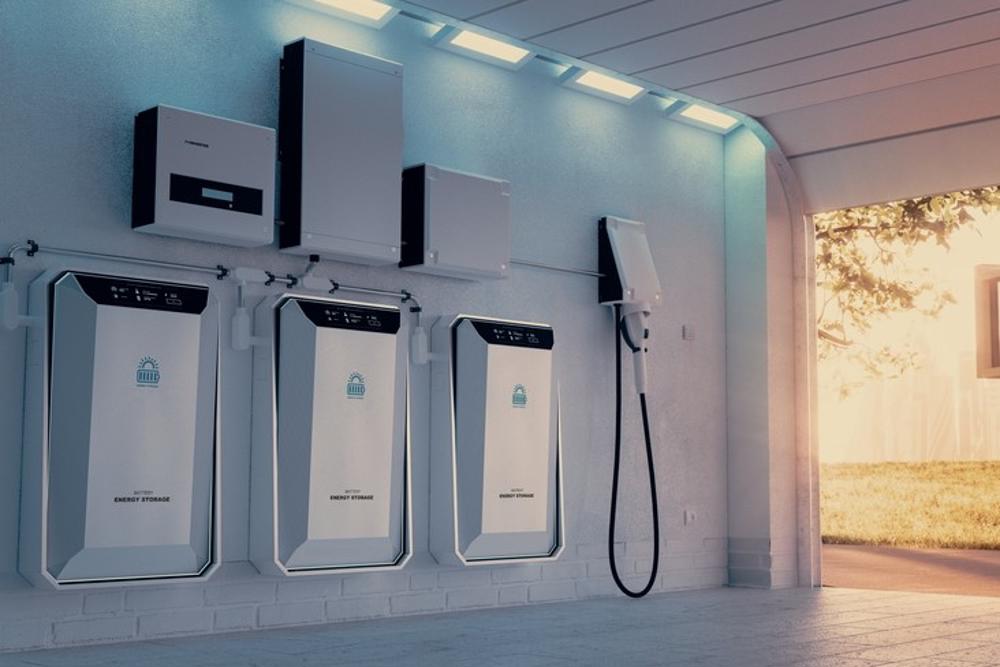
A record number of batteries were installed across Australia in 2023, with homes, businesses, and grid-scale projects all contributing to the surge in energy storage capacity.
According to the 2024 Annual SunWiz Australian Battery Market Report, a record-setting 57,000 battery systems were installed in Australian homes in 2023, representing a 21 per cent growth compared to the previous year.
This installation spree resulted in a record-setting 656 MWh of residential battery capacity coming online.
In addition to residential installations, businesses also significantly contributed to the surge, with 402 MWh of battery capacity installed within the National Electricity Market.
Grid-scale projects, known as big batteries, also saw remarkable growth, totalling a record 1,410 MWh of capacity installed in 2023.
The cumulative impact of these installations is substantial, with a total of 2,468 MWh of energy storage capacity deployed in Australia in 2023.
This amount of energy storage is enough to meet the energy needs of approximately 125,000 homes, based on the typical daily usage of 20 kWh per home.
SunWiz Managing Director Warwick Johnston stated: “2023 was the year of the big battery, with deployment levels at twice their previous record. 2024 will be even bigger, with the capacity currently under construction at six times the amount at the same point last year.”
Despite the significant growth in grid-scale storage, residential energy storage systems remain the largest cumulative source of battery capacity.
Since 2015, 254,550 battery storage systems have been installed in Australian homes, totalling 2,770 MWh of residential storage.
When combined with storage at businesses (593 MW) and grid-scale big batteries (2,603 MWh), the total battery storage installed since 2015 amounts to 5,966 MWh.
Johnston highlighted the benefits of home batteries, noting that they allow households to store excess solar energy generated during the day for use in the evening and overnight, helping to avoid high peak electricity prices.
Additionally, batteries provide security against localised blackouts, which are becoming more frequent due to extreme weather events exacerbated by climate change.
The economic value of batteries is also increasing, as the gap widens between what power companies charge for electricity and what they pay for excess solar energy generated by homeowners.
Batteries can also help stabilise electricity grids and facilitate further installations of low-cost solar power.
Home batteries are seen as democratising energy storage, similar to how solar power has democratised electricity production.
With solar panels and a battery, individuals can generate and store electricity without the need for large-scale infrastructure — paving the way for a more sustainable and decentralised energy future.











